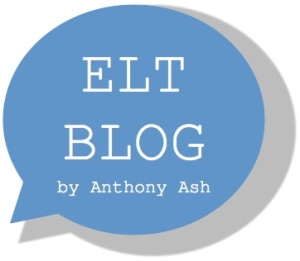There has been plenty of debate in English Language Teaching about the value of observations. Some of the key questions that have come out of the discussion so far have been:
- Is the purpose of an observation to develop teachers or check standards?
- Does a good observer need a plan to understand what is going on in the lesson?
- Why do schools require written formal plans when this doesn’t happen on a day-to-day basis?
In this episode of The TEFL Show Marek Kiczkowiak and myself got into an extended debate on the subject of preparation, planning and formal observations. In the show, I emphasised how I had always had observations which were focussed entirely on Professional Development and resulted in professional development goals. I also pointed out that I saw the value of formal written lesson plans mainly because this gave the observer a greater deal of insight into the planned intentions of the teacher, which can later be compared with what actually happened during the lesson.
However, this week I had the opportunity to be observed by the Assistant Programme Manager who was quite happy to see a real lesson i.e. no formal written plan, no pre-meeting going over the stages, aims and intended outcomes, just simply watch and observe the lesson.
It has been quite an experience and has made me question how observations are currently executed. Keep reading to find out more… Continue reading




